News
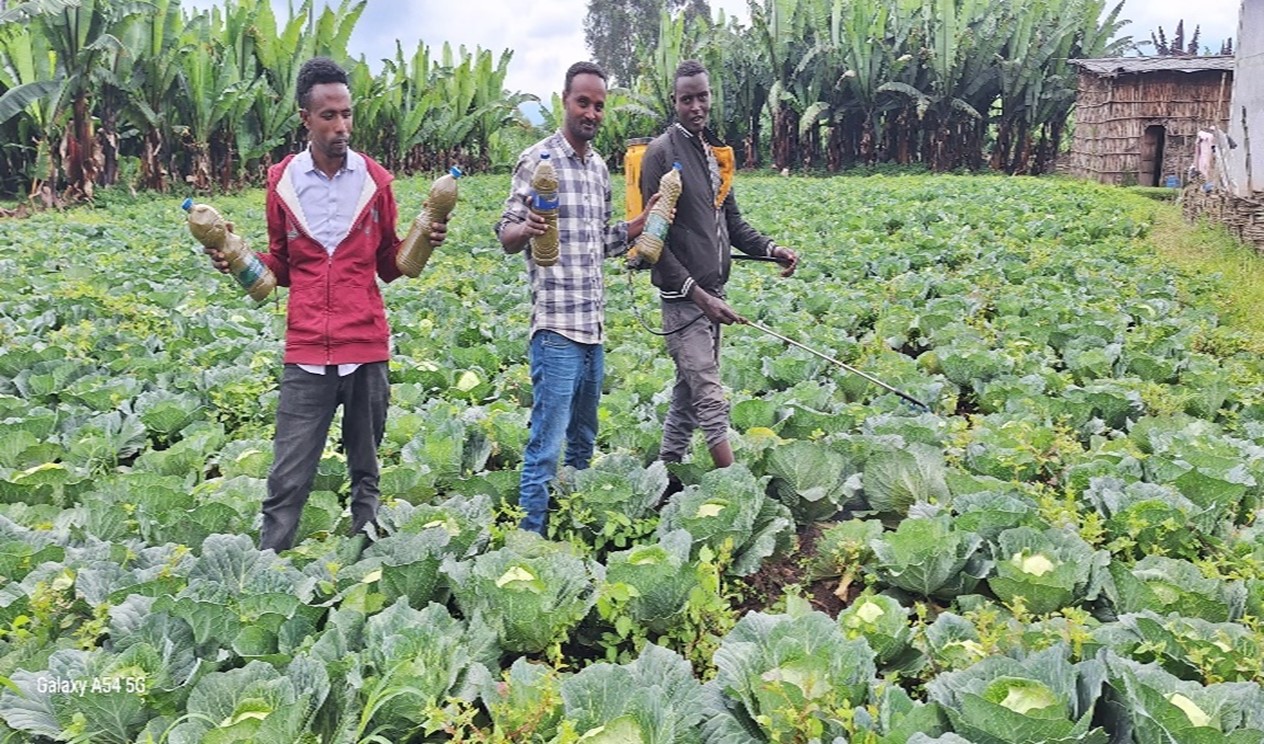
Reducing agrochemical dependency through organic practices
Written by Dita Beshada, Junior Cooperative Advisor Ethiopia
Organic fertilisers are naturally produced materials that can be added to soil or plants to provide essential nutrients and support growth. Unlike inorganic (synthetic) fertilisers, which are derived from synthetic materials, organic fertilisers are sourced from naturally occurring biochemical processes. Common examples include animal waste (such as manure and slurry) and plant-based fertilisers like compost.
Read more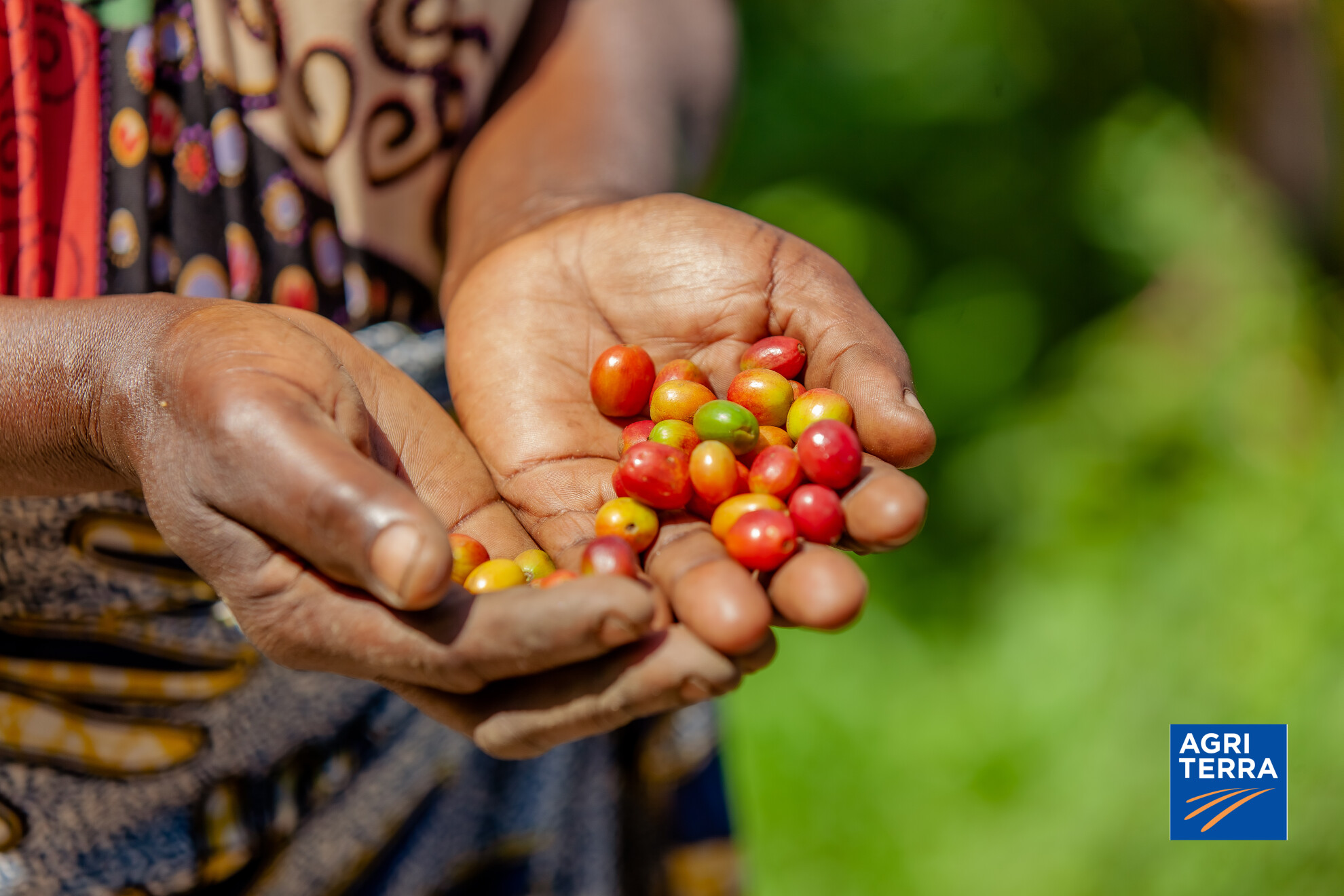
Empowering coffee farmers in Kalehe
Written by Merveille Kakule Saliboko, communications consultant DR Congo
Transforming lives through sustainable practices
In the heart of the Democratic Republic of Congo’s Kalehe territory, coffee production is not only revitalising local economies but also transforming lives. Thanks to the TRIDE project, implemented by Agriterra in partnership with local cooperatives, farmers are experiencing unprecedented growth in both productivity and household income. Supported by training and sustainable farming practices, individuals like Matembera David and Immaculée Nyanjira Kaharangabo are seeing their yields double, empowering families, especially women, to contribute significantly to their communities. This shift is fostering economic independence, promoting gender equality, and bringing hope to a region once limited by traditional agricultural methods.
Read more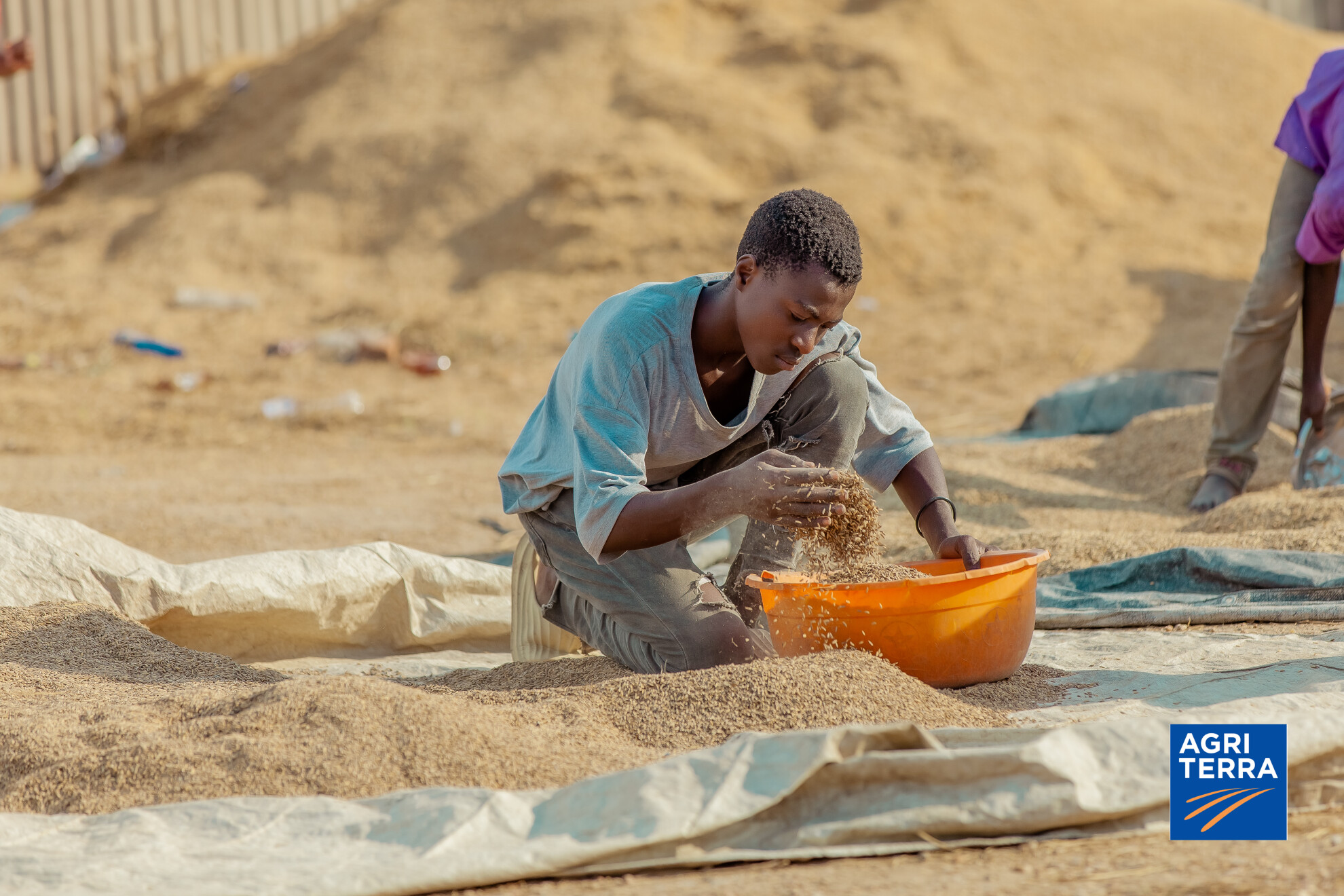
Training and market connections produce happy rice growers
Written by Merveille Kakule Saliboko, communications consultant DR Congo
Thanks to Agriterra's training courses, the members of the ADPA cooperative are seeing their production increase significantly. By adapting the good farming practices they have learned, they use less seed to produce more rice. These good farming practices have been introduced through to the TRIDE project, Transition for Inclusive Development in Eastern DRC, implemented by Agriterra as part of its support for farming cooperatives.
Read more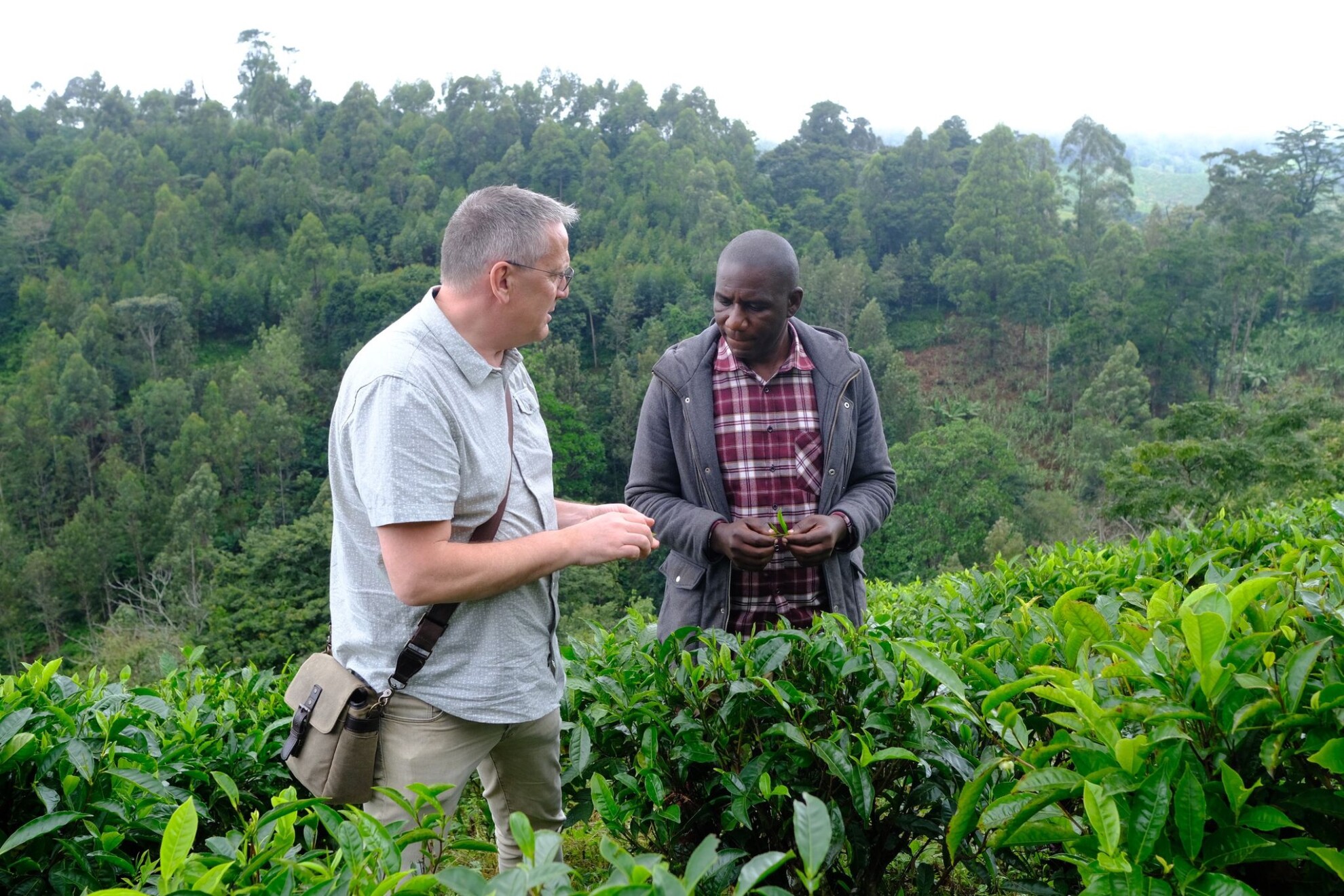
Great potential for specialty tea in Tanzania
Richard Schukkink, owner of the International Tea and Coffee Academy, is an expert in coffee, tea, and cocoa. He advises on import and export and enjoys connecting markets. Additionally, he loves working hands-on with the products. In June, he travelled to Tanzania as an Agripool expert for Agriterra to help Kazi Yetu Ltd, a cooperative that packages and sells tea, with their production issues.
Read more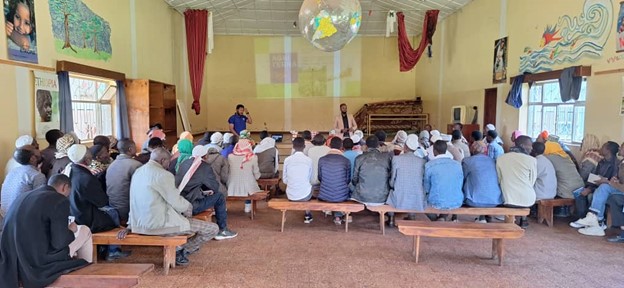
Establishment of working capital at Bitacha Multipurpose Primary Cooperative
Written by Dita Beshada, Junior Cooperative Advisor Ethiopia
Bitacha Multipurpose Primary Cooperative is located at Kofele woreda, in the southern part of Ethiopia. The cooperative is a member of Raya Kejewa union. Established in 2013 as Bitacha Multipurpose Primary Cooperative, it initially had 70 members and 3500 share capital.In 2024, Bitacha PC has grown to 710 members, of which 202 are female and 120 youth. Currently, the cooperative has a general manager and an extension officer who have both been hired through a co-financing by the Agriterra Acting Now project, and one security guard. Members of the PC primarily produce malt barley rotated with potatoes. Additionally, they grow vegetables such as cabbage, carrots, and beetroots.
Read more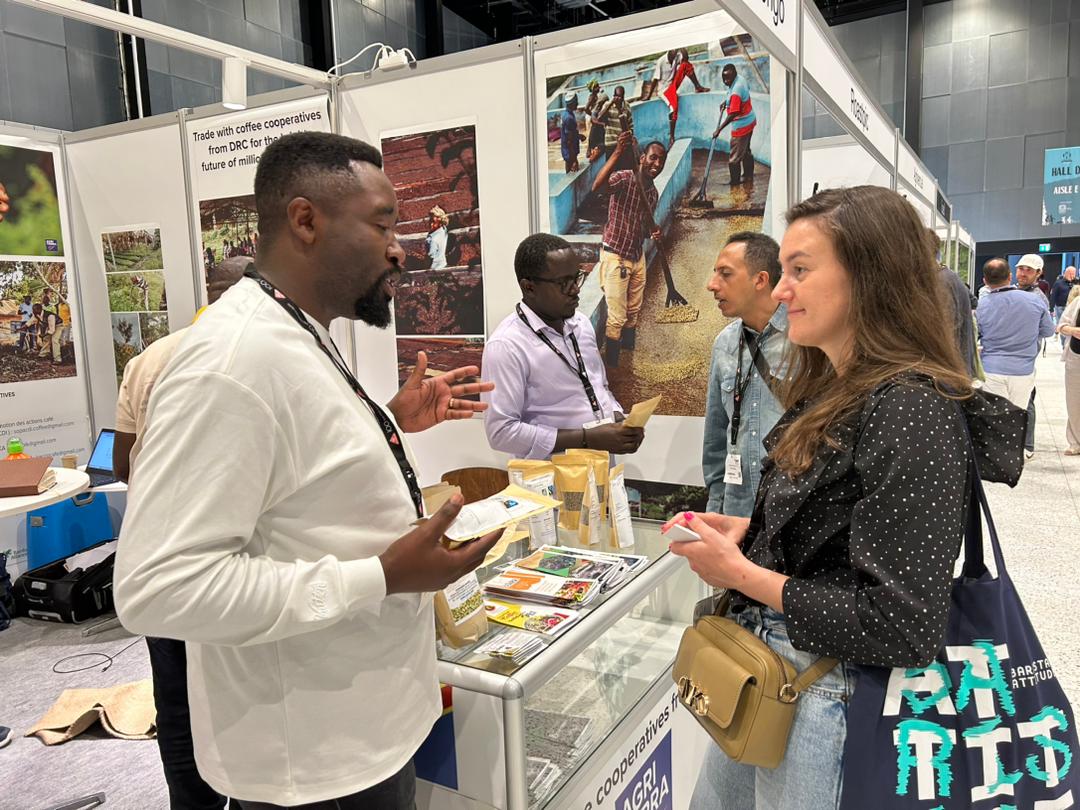
How 'World of Coffee' benefits Congolese cooperatives
Written by Merveille Kakule Saliboko, Agriterra communications consultant in DR Congo
From June 27 to 29, 2024, the World of Coffee was held in Copenhagen, Denmark. World of Coffee is the world's largest coffee industry trade fair. Two delegates from Congolese cooperatives supported by Agriterra were present. One of the two participants, Gilbert Makelele, Chairman of the Board of Directors of the Cooperative society of innovative coffee growers in Kivu, SCPNCK, looks back on the “achievements” of this trip.
Read more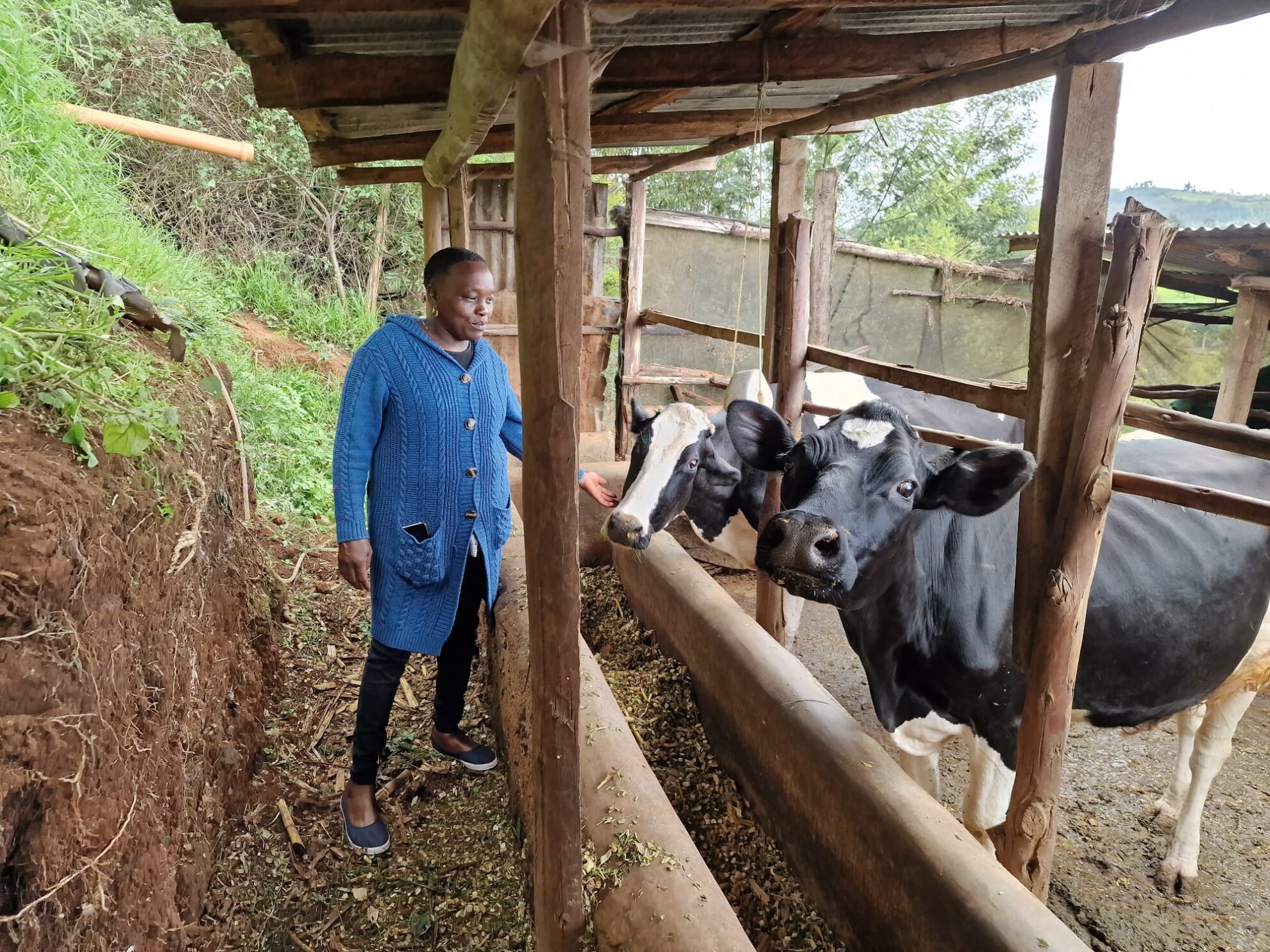
Agriterra supports Limuru Dairy to launch long-lasting dairy products
Written by Diana Macharia, Cooperative Advisor Kenya
In September 2020, Agriterra started a transformative journey with the Limuru Dairy Cooperative in Kenya, which has 11,000 dedicated dairy farmers as members. Producing over 30,000 liters of milk daily, Limuru Dairy aimed to add value to its raw milk by producing Extended Shelf Life (ESL) products. However, they faced challenges in accessing financing.
Read more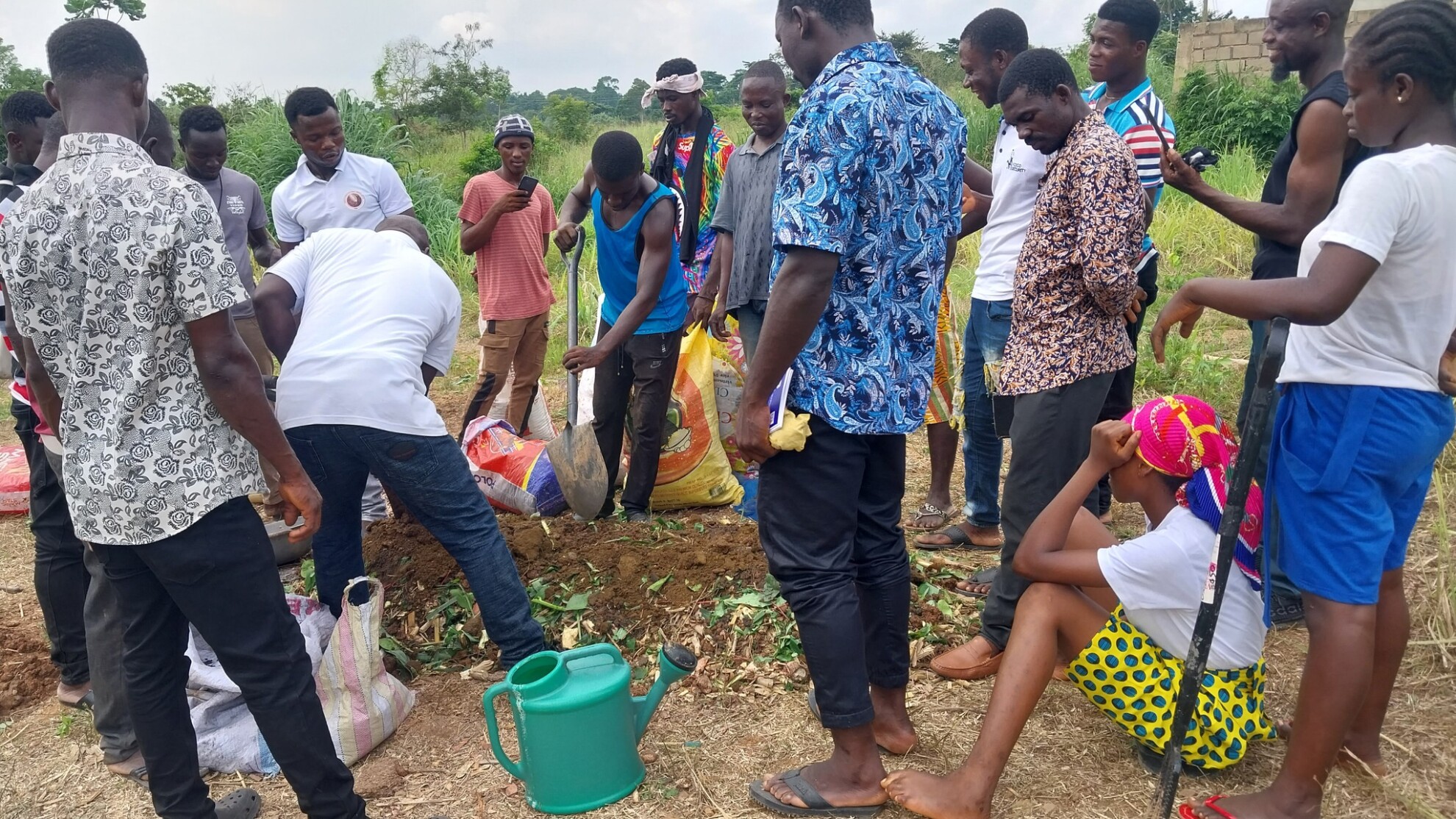
Empowering farmers
Written by Frederick Sarkodie, Cooperative Advisor Ghana
Training of Trainers in Agroecology for Asetenapa Cocoa Farmers Cooperative
From the 2nd-4th of July 2024, Asetenapa Cocoa Farmers Cooperative in Suhum, Ghana, took a big step towards a more sustainable future. Twenty-six Farmers, both men and women participated in a Training of Trainers (TOT) training in Agroecology by Agriterra. The training's main objective was to introduce the cooperative to the concept of agroecology and expand their knowledge in preventing and controlling pests and diseases through bio-solutions.
Read more